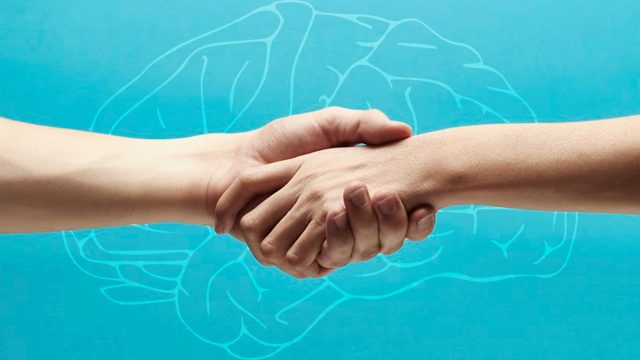SUMMARY
This is AI generated summarization, which may have errors. For context, always refer to the full article.

My Dad would always sing Burt Bacharach songs when we were growing up and whether he clinched the tune/lyrics or not, my siblings and I got Bacharach music embedded in our heads as a lasting result. For the young ones who don’t know who Bacharach is, clicking the previous hyperlink will probably make you realize he has provided a scoring to many of your moments and you did not even know it. `
One of my favorites is “What the World Needs Now” and well into old age now, when Bacharach needed help from Stevie Wonder and others to sing it at the White House, it made me think about how constantly we need and crave for more of what Bacharach and Hal David (lyricist) sang about 51 years ago.
The point of the song is that what we need is love. We have always known we need more of it but we seem to forget we have it within us or find excuses to withhold it when we are called to give it. This is especially true now in the face of shockingly regular cases of intolerance – so that we do not know what it is like to be in the lives of other people who are not like us. As a result, those of us who cannot empathize, choose to burden, offend or simply snip the lives of people whose lives and opinions they do not agree with. This is true in all the war-torn places in the planet, when we are asked to take in refugees, in sharply divided economic chunks of the world – whether within cities, regions or countries -and in any neighborhood, family or school where intolerance rules.
Love’s weapon against intolerance is empathy. It is a special weapon because it does not require that you personally know someone or care about them for you to “feel” their pain. It is a wiring that seems to be widespread enough in humans and some animals to be fundamental. We bank on our natural tendency to empathize. That is why it is not surprising that we mount efforts to appeal to strangers to help in the lives of people beset by tragedy.
But with empathy, do you really “feel” their pain? A recent study found that when you empathize with other people’s pain, you do not really feel for them but you understand their pain. Before that, most studies showed that the “sensory” parts that are activated when you feel pain are the same ones that seem to “glow” when you observe others in pain. But the study I mentioned, focused not on the similarities of what happens to our brains when we ourselves feel pain and when we observe others’ pain but on what was different. And they found that when we witness the pain of others, those who feel empathy had their brain parts that are involved in imagining – in mentalizing what others are thinking and feeling – shining.
This is the triumph of being human – while we have automatic sensory systems for pain – we have other systems to make sense of pain – whether it is ours or we observe others experiencing pain. Literally feeling someone’s pain, as revealed in the study, does not make us empathize. It is understanding someone’s pain that makes us care.
This has deep implications as to how we view empathy and indeed, love. First, it reveals how understanding could be a pre-requisite for “feeling” or caring. Second, it reinforces even more that love is not an auto-response that we should just bank on. We are not automatically programmed to love and empathize. This means we need to cultivate this habit of understanding what it is like to be in someone else’s life. This means that it requires a deliberation on our part – a decision to love and to care. That requires long-term mind-sculpting that begins in childhood and should be drummed in every chance throughout our lives.
And indeed, experiments have shown that while children, long before they are taught morality by their parents, have a sense of who is “us” and who is “them” in terms of perceived differences. Shaping how a child responds to that schism is a very careful, deliberate process that takes parents and a village. While there are genes involved, the rest of the race for love is to be won by understanding others.
I remember paleontologist Stephen Jay Gould saying that we could only fight for what we love and can only love what we understand. He was referring to nature and how thoughtful we should be in dealing with it. And we can see how that applies to how we deal with fellow humans too. After the Orlando shooting happened, an all-star cast formed an initiative called Broadway for Orlando and recorded “What the World Needs Now” with all of the proceeds going to the Orlando shooting victims. That reflects that those who are part of the initiative mined their own mental resources beyond feeling the pain of gunshots themselves.
“Understanding” can sometimes be a slow, tedious process with an appreciation for complexity and that is why people often just give in to their gut feel which could harbor deep prejudices. But understanding is key to empathy – the hallmark of loving. Who does not want love to win? – Rappler.com
Add a comment
How does this make you feel?
There are no comments yet. Add your comment to start the conversation.